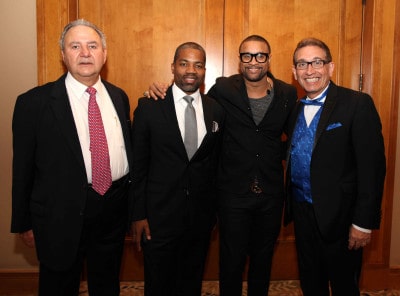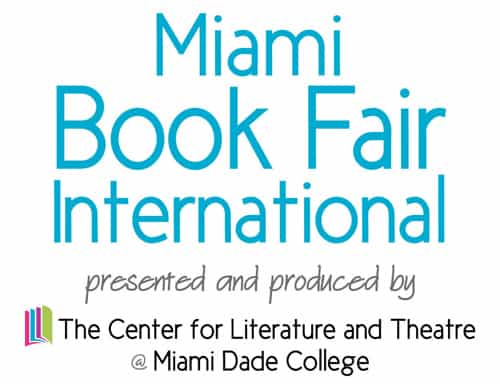Vice President of India visits Eric Williams Memorial Collection
PORT OF SPAIN – The Vice-President of India, Shri Bhairon Singh Shekhawat, paid a courtesy call on the Eric Williams Memorial Collection (EWMC) on Saturday 11th November 2006.
The Collection, the Library and Archives of Trinidad and Tobago’s first Prime Minister and historian of note, Eric Eustace Williams – affectionately known as the “Father of the Nation” – is housed at the University of the West Indies. The EWMC was inaugurated by former US Secretary of State, Colin L. Powell in 1998, and named to UNESCO’s Memory of the World Register a year later.
The Vice President was in Trinidad and Tobago on official business. He has served three times as the Chief Minister of Rajasthan and is an ex-officio Chairman of the Rajya Sabha – India’s upper House of Parliament.
Moved by his experience at the EWMC, the Vice President wrote:
“I feel privileged to visit this Memorial.
Dr. Eric Williams was a great statesman and a visionary who tirelessly worked for the freedom from colonial rule of not only his own country but the entire West Indies. He was the greatest Trinidadian of the 20th century, the person who led the country to independence and shaped its destiny.
Dr. Eric Williams was a friend of India and together with us he stood for achieving independence from the colonial rule.
I pay my respectful homage to the memory of Dr. Williams.”
Eric Williams Memorial Collection
The Eric Williams Memorial Collection comprises some 7,000 volumes, manuscripts, historical writings, correspondence (official and personal) speeches, research notes, conference documents and a miscellany of reports.
Its Museum, which is periodically open to the general public, contains a wealth of memorabilia, photographs, the seven translations of Williams’ seminal work Capitalism and Slavery and a three-dimensional replica of Williams’ private study.
Born on September 24, 1911, Eric Williams was a scholar-turned-statesman who charted the political life of the Republic of Trinidad and Tobago for a quarter of a century until his death in 1981. An astute politician, democratically elected every five years, he also held the positions of its first and only Chief Minister and Premier.
Williams’ Oxford University doctoral dissertation on “The Economic Aspect of the Abolition of the West Indian Slave Trade and Slavery”, published as Capitalism and Slavery in 1944, continues to profoundly impact scholarly analysis of the Atlantic Slave Trade.
More than half a century later, “The Williams Thesis” – that economic realities rather than humanitarian concerns dictated the demise of that atrocity – continues to be on “the cutting edge of slave trade research in academic circles” (1997 New York Times Book Review).
The re-issue of its Russian and Chinese translations are forthcoming, while the Korean edition is in process for the first time. Efforts are also underway to publish the book in Hindi.



